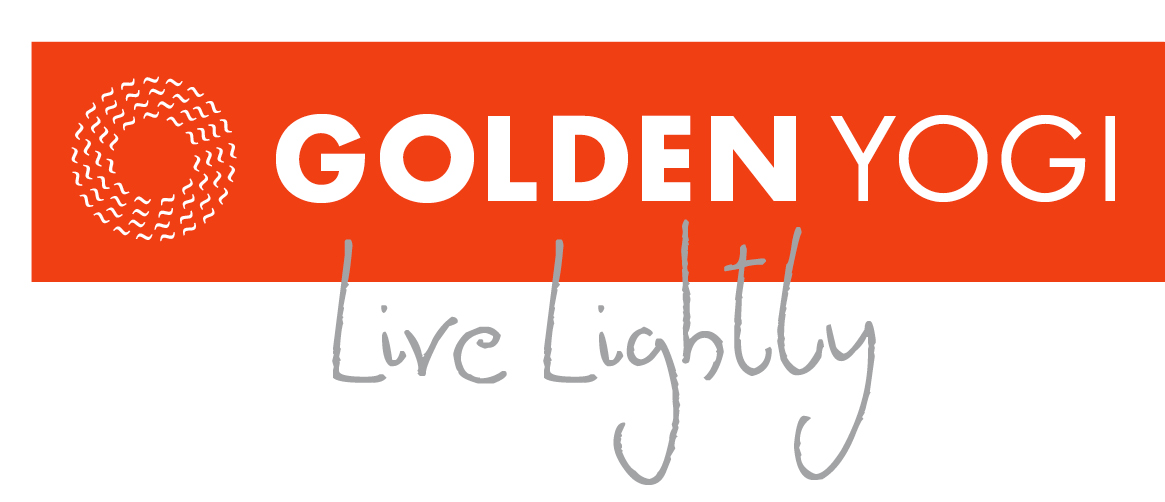How to tell you have reached the point of Burnout?
Burnout is when you reach a state of mental and physical exhaustion. The main cause of burnout is stress. It is when you wake up feeling exhausted and dread getting out of bed. If you continue to push through burnout it can lead to depression, anxiety, heart disease, diabetes, and obesity.
Burnout is when you reach a state of mental and physical exhaustion. The main cause of burnout is stress. It is when you wake up feeling exhausted and dread getting out of bed. If you continue to push through burnout it can lead to depression, anxiety, heart disease, diabetes, and obesity.
The signs of burnout can be exhaustion, isolation, irritability, frequent illness, change in appetite, sleep changes, insomnia, depression and anxiety.
The hypothalamic pituitary adrenal (HPA) axis is our central stress response system. The HPA axis is responsible for the neuroendocrine adaptation component of the stress response. Stress causes increased overall cortisol output. Cortisol is your bodies main stress hormone and regulates a wide range of processes throughout the body, including metabolism and the immune response.
Long-term stress can result in negative feedback to the HPA axis which results in burnout. Whether or not chronic stress results in high or low cortisol output depends on the nature of the threat, the time since onset, and the person's response to the situation.
Tips to Prevent Burnout:
Take a long weekend and fully unplug from work. This will provide some temporary relief and the opportunity to rest & relax.
Know your breaking point and limit. When you are feeling overwhelmed and stressed, create more time for yourself to slow down & reset.
Take a Nap. Sleep 20-30 minutes after lunch to refresh your energy and the brain.
Take consistent mini-breaks throughout your day and the week to re-centre yourself:
Yoga or Tai Chi - Try a relaxing activity to calm the nervous system.
Daily Meditation - To calm the mind and bring your awareness to your breath.
Exercise - Regular physical activity can help you to better deal with stress. It can also take your mind off work.
Supplements:
Vitamin C - The production of cortisol and the other adrenal hormones depends on an adequate supply of vitamin C.
Vitamin B - Beneficial during times of stress and contains nutrients that play an essential role in energy production in the body. It contains nutrients involved in hormone synthesis and modulation. Pantothenic acid is required for the function of the adrenal glands and supporting the manufacture of adrenal hormones which counteract the stress response. Pyridoxine (vitamin B6), which is required for the synthesis of several neurotransmitters, such as serotonin, GABA and dopamine.
Herbals Medicine:
Green oats - A nervine to ease tension, decrease stress and promote nervous system health.
Withania (Ashwaganda) - Adaptogen to help your body manage stress.
Liquorice - Help support HPA axis balance by impacting morning cortisol levels.
Ginseng - Adaptogen to fight against stress and fatigue, for increased endurance and memory improvement.
Finding Balance and Preventing Burnout
We all live busy lives trying to balance work, business, family and hobbies - the life of a householder. It’s easy to think we are invincible and take on too much. But when we are trying to burn the candle at both ends eventually the body and mind can’t keep up with the lifestyle we are trying to live.
We all live busy lives trying to balance work, business, family and hobbies - the life of a householder. It’s easy to think we are invincible and take on too much. But when we are trying to burn the candle at both ends eventually the body and mind can’t keep up with the lifestyle we are trying to live.
In the short term, the body can cope with the extra pressure and stress as adrenaline kicks in to give us extra energy. However, if the stress and pressure is prolonged over a longer period of time then it is detrimental to our health and wellbeing. The high levels of the stress hormones (cortisol) will eventually lead to adrenal fatigue or burn out.
You will know you are overstepping the limits if you start to feel like you wake up every morning like a truck has driven over you. You do not feel rested or refreshed from sleeping. For most people, to keep their busy lifestyle maintained rely on stimulants to keep going and give them energy during the day – coffee, energy drinks, black tea, chocolate, etc.
Even a few minutes of deep breathing or meditation a day can help...
If this sounds like you then maybe it is time to make some lifestyle changes to reduce your stress and rebuild your energy stores. These lifestyle tips will help you find your balance:
Nutrition
- Eat real foods and avoid processed foods to give you body energy and fuel.
- Make time for meals – not eating lunch at your desk or on the run.
- Eat breakfast – coffee does not count as breakfast. If you are limited for time make a smoothie.
- Have healthy snacks handy to snack on throughout the day to keep blood sugar levels balanced.
- Drink at least 8 cups of water daily
Sleep
Try to get at least 6-8 hours sleep every night. The body cannot function on no sleep.
Prepare the body for sleep by dimming the lights, turn off the tv and phones, have a warm bath, or cup of herbal tea about one hour before going to bed.
Give yourself time to unwind after work to let go of your day.
Disconnect from technology
Create boundaries. You do not need to answer all emails instantly.
No checking emails or Facebook in the middle of the night or first thing when you wake up.
Do you really need to be on your phone or sending messages while you are out for lunch with a friend – can they not wait until after?
Exercise
Exercise gives you more energy by boosting your blood flow and endorphins in your body.
A little and often is better than over exhausting yourself by pushing yourself too hard.
The hardest part is getting yourself to the gym or out for a walk or jog, but once you’re done you remember how good it makes you feel!
Breathing and Meditation
During the day your mind collects thoughts - you need time to process the thoughts and clear your mind.
Meditation is like filing away all the old thoughts to give you more clarity and release anything that maybe on your mind or bothering you.
Diaphragmatic Breathing will calm the body and nervous system. When we get stressed we tend to forget to breath! Take a few minutes a day to breath and oxygenate the body.
Taking time out
Sometimes the workload seems like it never stops. It is important to schedule time off even when you are extra busy as you will find you will be more productive when you come back to work again.
Do things you love and spend time with friends and family.
Find hobbies that you enjoy – so you don’t just slip back into work.
Written by Erin O'Hara, Naturopath and Kundalini Yoga teacher
© 2014 Golden Yogi Ltd. All rights reserved.




